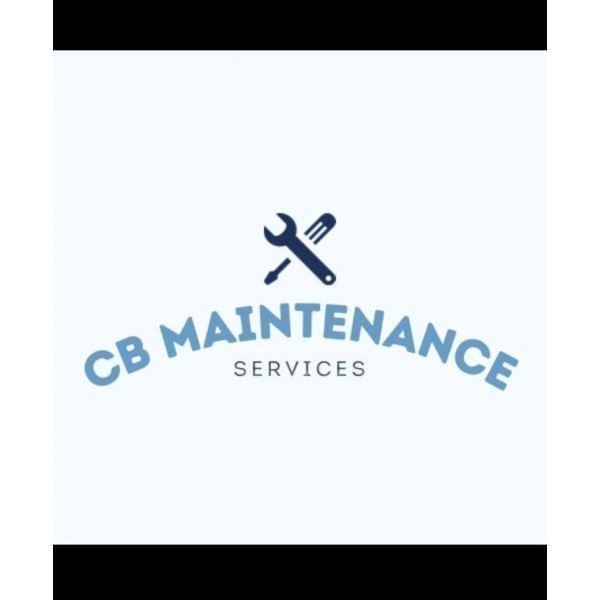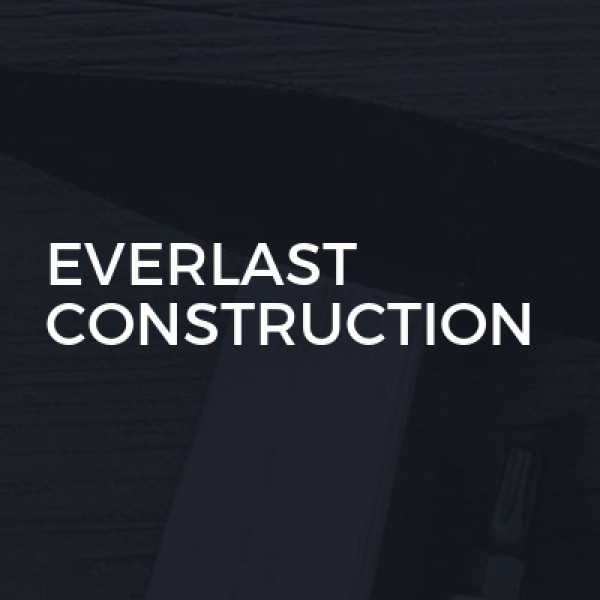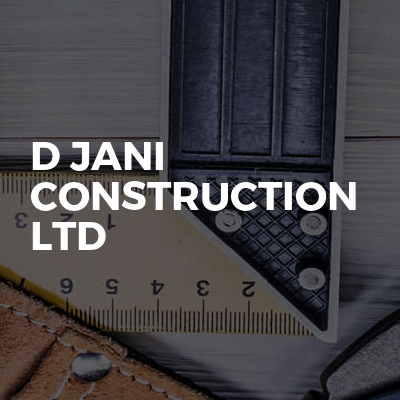Understanding the Role of Extension Builders in Conisbrough
Conisbrough, a charming town nestled in South Yorkshire, is known for its rich history and picturesque landscapes. As families grow and lifestyles evolve, many residents find themselves in need of additional space. This is where extension builders in Conisbrough come into play. These skilled professionals help homeowners expand their living spaces, adding value and functionality to their homes. In this article, we'll explore the various aspects of extension building, from planning and design to construction and completion.
The Importance of Home Extensions
Home extensions offer a practical solution for those who love their current location but require more space. Whether it's a growing family, the need for a home office, or simply the desire for a larger kitchen, extensions can transform a home without the hassle of moving. Moreover, well-executed extensions can significantly increase a property's market value, making them a wise investment.
Types of Home Extensions
- Single-Storey Extensions: Ideal for expanding kitchens or living rooms, these extensions are typically added to the rear or side of a property.
- Double-Storey Extensions: Perfect for adding bedrooms or bathrooms, these extensions maximise space without increasing the building's footprint.
- Wrap-Around Extensions: Combining side and rear extensions, these offer a comprehensive solution for open-plan living.
- Garage Conversions: Transform unused garage space into functional living areas, such as playrooms or home offices.
Planning Your Home Extension
Before embarking on a home extension project, careful planning is essential. This involves assessing your needs, setting a budget, and understanding the legal requirements. In Conisbrough, like elsewhere in the UK, certain extensions may require planning permission. Consulting with local authorities and experienced extension builders can help navigate these regulations.
Setting a Realistic Budget
Budgeting is a critical step in the planning process. It's important to consider not only the construction costs but also additional expenses such as design fees, permits, and potential unforeseen costs. Working with a reputable builder can provide a clearer picture of the financial commitment involved.
Designing Your Extension
The design phase is where your vision begins to take shape. Collaborating with architects and designers can help ensure that the extension complements the existing structure and meets your functional needs. Considerations such as natural light, energy efficiency, and aesthetic appeal are crucial during this stage.
Choosing the Right Extension Builder in Conisbrough
Selecting the right builder is perhaps the most important decision in the extension process. A skilled and experienced builder can make the difference between a seamless project and a stressful experience. Here are some tips for finding the right professional in Conisbrough:
Research and Recommendations
Start by researching local builders and seeking recommendations from friends, family, or neighbours who have undertaken similar projects. Online reviews and testimonials can also provide valuable insights into a builder's reputation and quality of work.
Checking Credentials and Experience
Ensure that the builder is fully licensed and insured. Experience in handling projects similar to yours is a significant advantage. Don't hesitate to ask for references and view previous work to assess the quality and style of their projects.
Communication and Transparency
Effective communication is key to a successful project. Choose a builder who is transparent about costs, timelines, and potential challenges. Regular updates and open dialogue can help prevent misunderstandings and ensure that the project stays on track.
The Construction Process
Once the planning and design phases are complete, the construction process begins. This stage involves several key steps, each crucial to the successful completion of the extension.
Site Preparation and Foundations
The first step in construction is preparing the site and laying the foundations. This involves clearing the area, excavating as necessary, and ensuring that the ground is stable and suitable for building.
Building the Structure
With the foundations in place, the structure of the extension is built. This includes erecting walls, installing windows and doors, and constructing the roof. Attention to detail during this phase ensures the extension is both sturdy and aesthetically pleasing.
Interior Finishing
Once the structure is complete, the focus shifts to the interior. This involves installing electrical and plumbing systems, insulation, and finishes such as flooring, paint, and fixtures. The goal is to create a seamless transition between the existing home and the new extension.
Ensuring Quality and Compliance
Quality assurance and compliance with building regulations are paramount throughout the construction process. Regular inspections and adherence to standards ensure that the extension is safe, durable, and built to last.
Building Inspections
Building inspections are conducted at various stages of the project to ensure compliance with local regulations and standards. These inspections cover aspects such as structural integrity, electrical safety, and fire safety.
Final Approval and Handover
Upon completion, a final inspection is conducted to ensure that the extension meets all requirements. Once approved, the builder will hand over the project, and you can begin enjoying your new space.
Maintaining Your Home Extension
Proper maintenance is essential to preserve the quality and functionality of your home extension. Regular upkeep can prevent minor issues from becoming major problems and extend the lifespan of the extension.
Routine Inspections and Repairs
Conduct regular inspections to identify any signs of wear or damage. Addressing issues promptly, such as leaks or cracks, can prevent further deterioration and costly repairs.
Energy Efficiency and Sustainability
Consider implementing energy-efficient solutions, such as insulation and double glazing, to reduce energy consumption and lower utility bills. Sustainable practices not only benefit the environment but also enhance the comfort of your home.
Frequently Asked Questions
- Do I need planning permission for a home extension in Conisbrough? It depends on the size and scope of the extension. Consulting with local authorities and a professional builder can provide clarity on the requirements.
- How long does it take to complete a home extension? The timeline varies based on the complexity of the project. On average, a single-storey extension may take 3-4 months, while a double-storey extension could take 6-8 months.
- What factors influence the cost of a home extension? Factors include the size of the extension, materials used, design complexity, and location. Obtaining detailed quotes from builders can help estimate costs accurately.
- Can I live in my home during the extension process? In most cases, yes. However, there may be periods of disruption, particularly during structural work. Discussing this with your builder can help plan accordingly.
- How can I ensure my extension is energy efficient? Incorporating insulation, energy-efficient windows, and sustainable materials can enhance energy efficiency. Consulting with experts can provide tailored solutions for your home.
- What should I look for in an extension builder? Key considerations include experience, credentials, communication skills, and a proven track record of successful projects. Personal recommendations and reviews can also guide your decision.
In conclusion, extension builders in Conisbrough play a vital role in helping homeowners create the space they need while enhancing the value and functionality of their properties. By understanding the process and working with experienced professionals, you can achieve a successful home extension that meets your needs and exceeds your expectations.

























